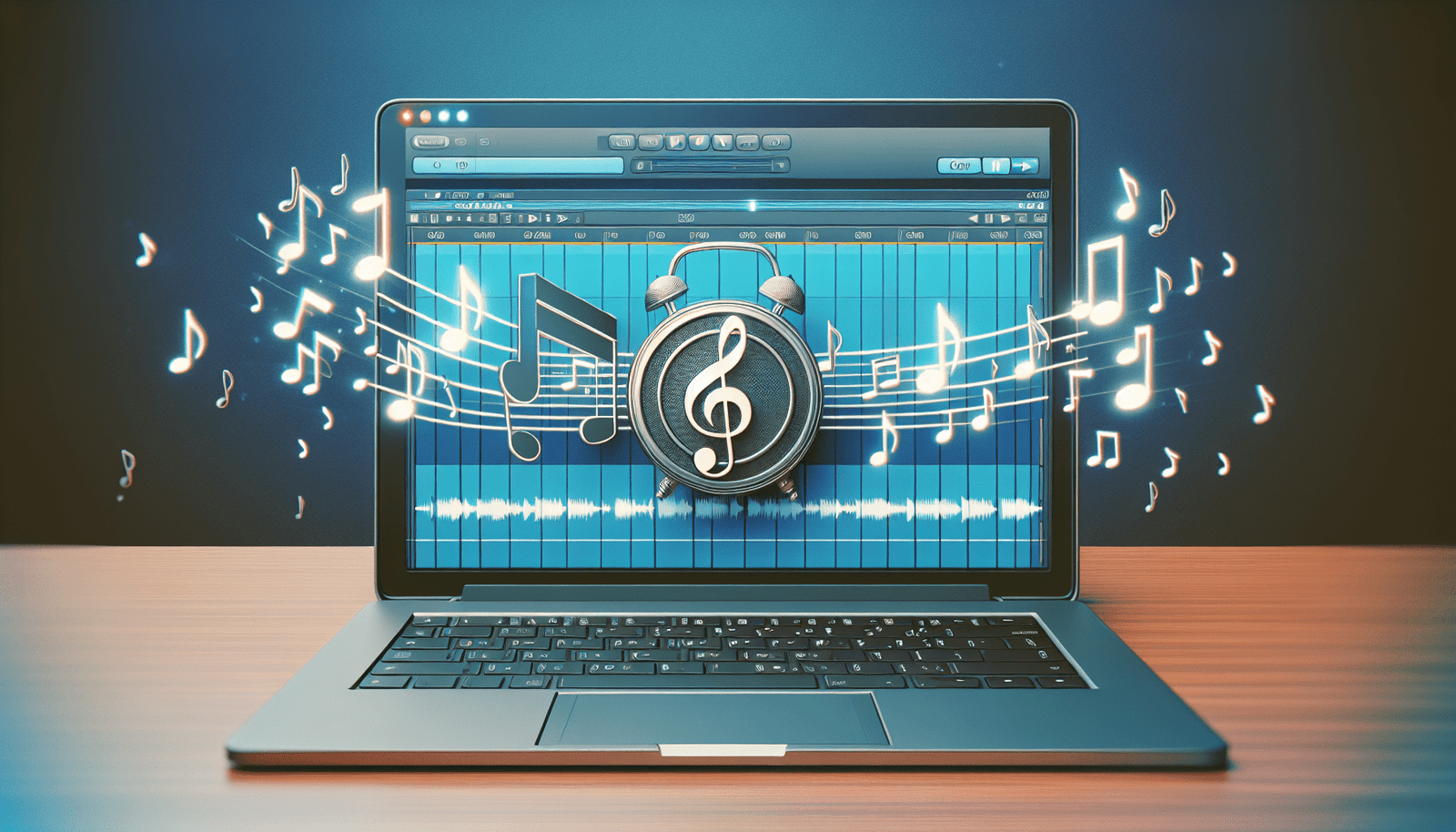Are you a YouTuber looking to add music to your videos but unsure about the rules and regulations around using music legally? Let’s break it down and help you navigate the multitude of options available to you.

Understanding Copyright and Licensing for Music
So, let’s start with the basics. When you create a YouTube video and add music to it, you are essentially using someone else’s creative work. That music is protected by copyright law, which means you need permission to use it.
Public Domain vs. Licensed Music
Public domain music is music that is not protected by copyright and can be used by anyone for any purpose. Licensed music, on the other hand, is music that the creator has given permission for others to use under certain conditions.
Types of Licenses for Using Music
When it comes to licensed music, there are different types of licenses you can obtain to use music legally in your YouTube videos.
Royalty-Free Music
Royalty-free music is music that you can use without having to pay ongoing fees. You purchase the license once and can use the music in your videos without any additional costs.
Creative Commons Licenses
Creative Commons licenses allow creators to share their work under certain conditions. There are different types of Creative Commons licenses, each with its own set of rules regarding how the music can be used.
Stock Music Libraries
Stock music libraries are websites where you can purchase licenses to use music in your YouTube videos. These libraries offer a wide range of music styles and genres to choose from.

How to Find Legal Music for Your YouTube Videos
Now that you know the basics of copyright and licensing, let’s talk about how you can find legal music to use in your YouTube videos.
YouTube Audio Library
The YouTube Audio Library is a great resource for finding music that you can use in your videos for free. These tracks are pre-cleared for use on the platform, so you can use them without worrying about copyright issues.
Royalty-Free Music Websites
There are many websites that offer royalty-free music for purchase. Some popular options include Epidemic Sound, Audiojungle, and PremiumBeat. These sites offer a wide selection of high-quality music for your videos.
Creative Commons Platforms
Platforms like SoundCloud and Free Music Archive offer a variety of music that is shared under Creative Commons licenses. You can search for music by genre, mood, or artist to find the perfect track for your video.

Tips for Using Music Legally in Your YouTube Videos
Now that you know where to find legal music for your videos, let’s go over some tips to ensure you are using that music within the bounds of the law.
Always Read the License
Before using any music in your videos, make sure to read the license agreement carefully. Each license has its own set of rules and restrictions, so it’s important to understand what is allowed and what is not.
Give Proper Credit
If you are using music that requires attribution, be sure to give proper credit to the artist. This usually means including the artist’s name and the title of the song in your video description.
Keep Records of Licenses
It’s a good idea to keep records of all the licenses you purchase for music. This way, if any issues arise in the future, you can easily prove that you have the right to use the music in your videos.

Dealing with Copyright Claims on YouTube
Even when you follow all the rules and use licensed music in your videos, you may still receive copyright claims on YouTube. Here’s how to handle them.
Understanding Copyright Claims
A copyright claim is a notification from a copyright owner stating that their content has been found in your video. This can result in your video being blocked or monetized by the copyright owner.
How to Respond to Copyright Claims
If you receive a copyright claim on your video, you have a few options for how to respond. You can trim the segment of the video that contains the copyrighted content, replace the music with a different track, or dispute the claim if you believe it is invalid.
Preventing Copyright Claims
To avoid copyright claims in the first place, make sure to use music from trusted sources that provide proper licensing. Additionally, consider using original music or royalty-free music to reduce the risk of claims.

Conclusion
Using music legally in your YouTube videos doesn’t have to be complicated. By understanding copyright and licensing, finding legal music sources, and following best practices, you can create engaging and high-quality videos without running into legal issues. Remember, it’s always better to be safe than sorry when it comes to copyright on YouTube.